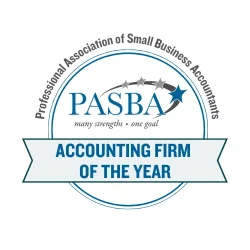Schedule A Free Review Today
Speak with one of our Trusted Advisors to find out which of our packages is best for your business needs.

About J.R. Martin CPA
2025 J.R. Martin & Associates | All Rights Reserved | Website Supported By Paradox Marketing

